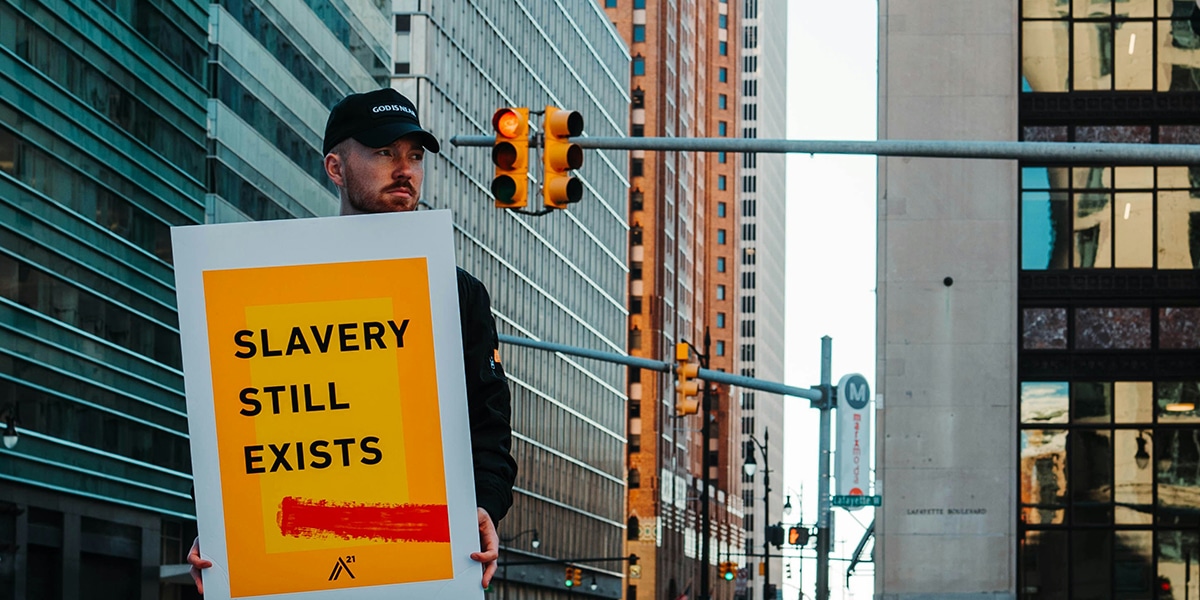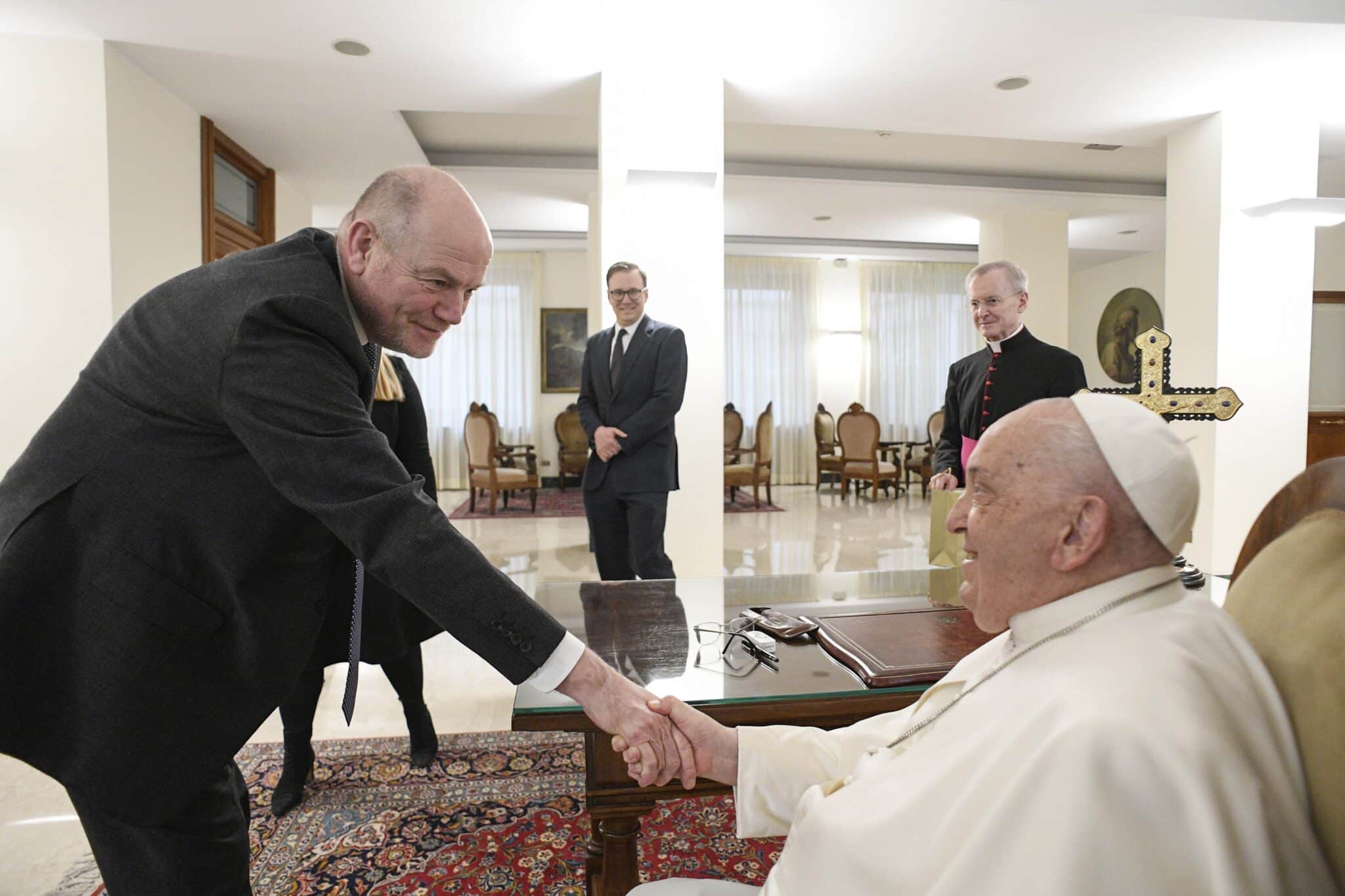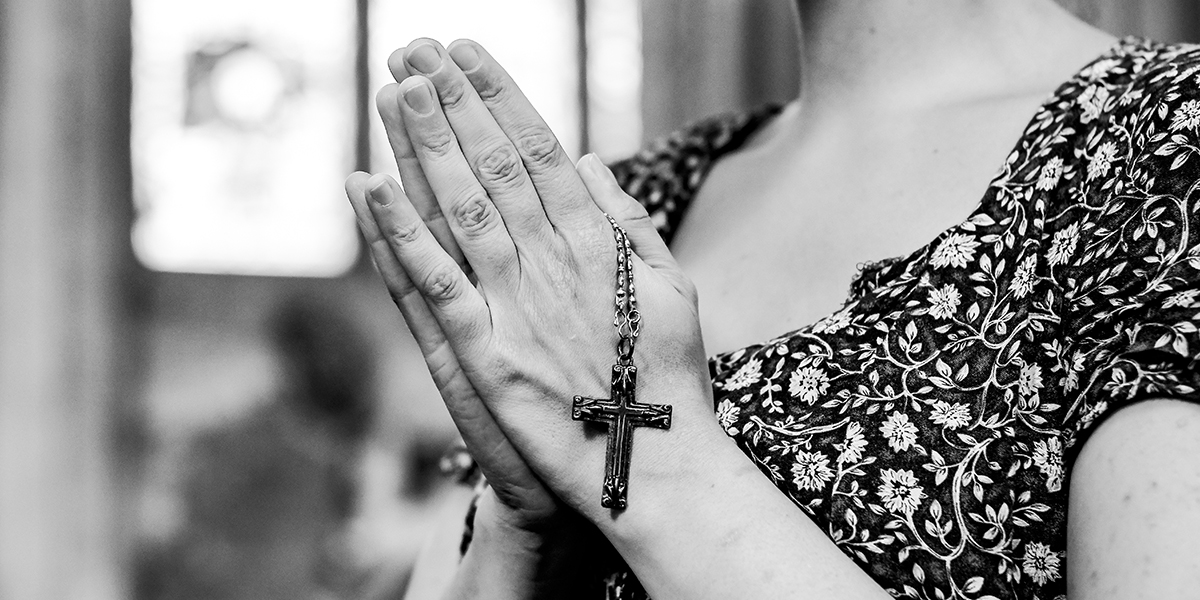In this season of gratitude, it may seem a tall task to “love your enemies” (Mt 5:44). But that is our calling! That always reminds me of a priest friend of mine who used to say, “I don’t think we should preach that to our people. Let’s just get people to love their friends; that’s hard enough.”
That saying reminds me that we should start where we have our first problem; maybe it’s even loving ourselves. If we really could come in touch with ourselves—not independent of God but because of the good that God is doing in us—and see that God even overcomes the evil that’s in us, maybe we can begin to love ourselves.
Maybe we can even believe that evil does tend to hang around us all, that the darkness within us will, we presume, be with us all the time, that even with this knowledge we still can love ourselves.
Sometimes when we truly face the darkness in ourselves and become aware of the things we have done wrong, feelings may rise up that could tend to scare us or lead us in the wrong direction. If we can face them squarely and say, “God is with me; God knows that these things are there,” then we begin to know we are not alone in dealing with the darkness in our lives. Perhaps we can even embrace this darkness as part of what makes us grow as human beings.
As we really face our selfishness, as we really face our unjust angers, as we really face the grudges that we hold, as we really face the bitterness that is there, we don’t have to sweep it under the carpet. We can look at it and know that God loves us as we are and is willing to help us grow beyond these faults and failings.
If we really believe that God loves us exactly as we are now, we can love ourselves. And if we can love ourselves with all that we see within us, shouldn’t we also be able to love our friends, our neighbors, the people we live with, our families, even those who have grudges against us, because we can see them as people like ourselves: struggling, making mistakes, but still loved by God?
And then, if we can do that, love those people who are not really enemies, we can even be led to love those who really hate us, who persecute us, who blame us.
In our world today, there are a lot of people like that; maybe some of them even hate us because they have good reason to. Many of us have a way of life that a lot of people can’t—people who hardly have enough to eat, who don’t have the material things that we do, who don’t have the freedom we have in our lives. They have reason to hate us. Maybe instead of getting all upset when some people in those circumstances rebel and get mean, we might try to understand that they’re simply rebelling from a situation that is oppressing and demeaning and dehumanizing them.
As we look at the world today, for example, we see people who own companies in other countries. The owners are wealthy, yet they give the workers less than a living wage, sometimes making their employees work in oppressive conditions, simply to be profitable at the expense of the workers. Here we can’t only love the people being oppressed, but we must love even their oppressors. These are the people Jesus tells us to love. Can I love them into a new vision of the world in which they see the most important thing is not profit, but human beings?
God desires peace. His servant, St. Francis, taught us this lesson when he was alive. It is our duty to continue that holy mission.








